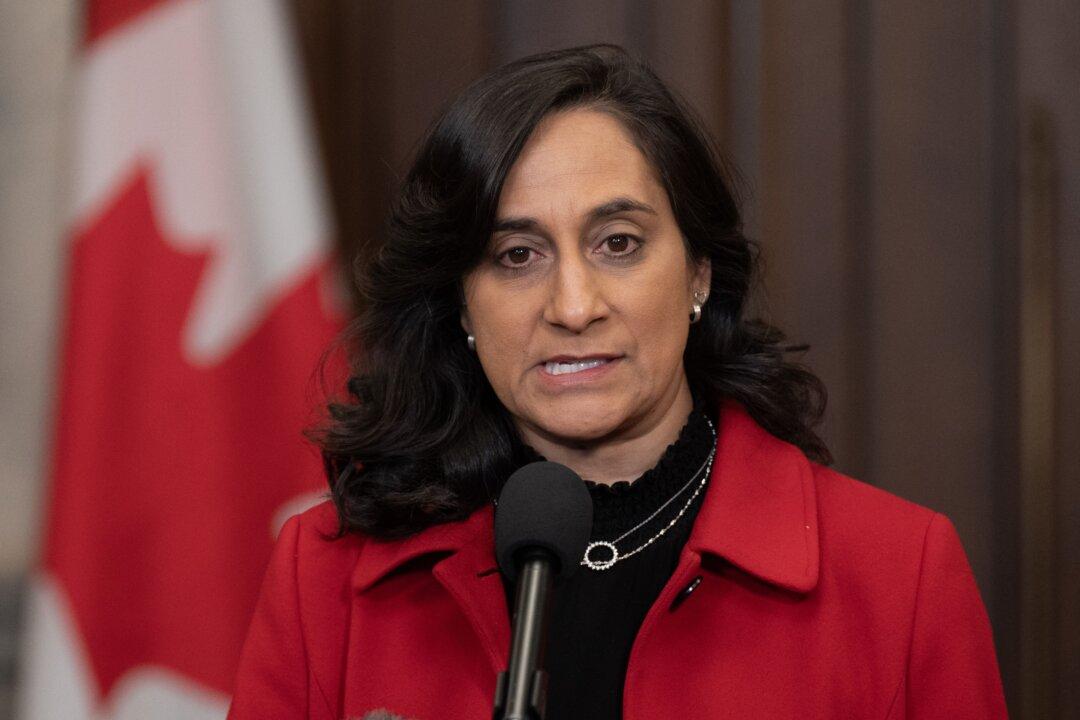Ottawa is “open” to renegotiating Canada’s free trade agreement with the United States and Mexico a year ahead of the 2026 deadline, Internal Trade Minister Anita Anand says.
Trade talks with the United States are currently at the top of the federal government’s agenda, Anand said during a Feb. 13 interview with CTV’s Power Play.





